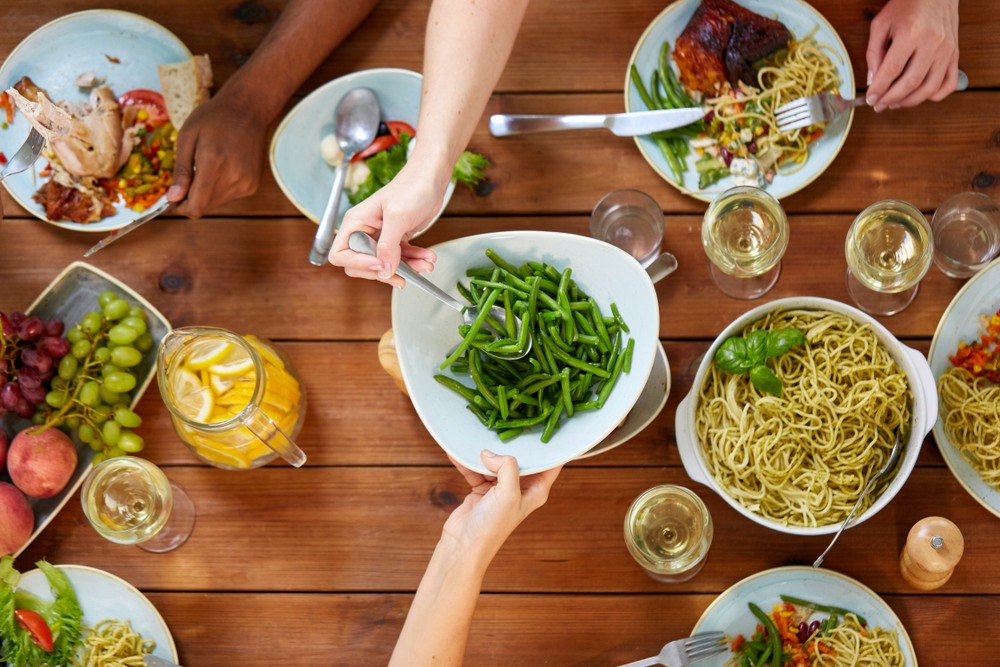Popular Reads
Top Results
Can't find what you're looking for?
View all search resultsPopular Reads
Top Results
Can't find what you're looking for?
View all search resultsFollowing a specific diet can contribute to loneliness at shared meals
Change text size
Gift Premium Articles
to Anyone
N
ot eating like others when sharing a meal in a community can lead to feelings of loneliness and social exclusion for people with specific eating habits such as veganism or a gluten-free diet.
Food is an important part of the festive season, especially at Christmas and New Year. But while these moments are supposed to reinforce a sense of kinship with family and friends, people who are on a special diet, whether for health, ethical or religious reasons, may feel lonely at the dinner table, according to new research from Cornell University in the United States, published in the Journal of Personality and Social Psychology.
“Despite being physically present with others, having a food restriction leaves people feeling left out because they are not able to take part in bonding over the meal,” said Kaitlin Woolley, assistant professor of marketing at Cornell University’s Samuel Curtis Johnson Graduate School of Management and lead author of the study.
Read also: Eating alone can lead to unhappiness: Study
Fear of being judged or feeling out of place
Woolley’s team conducted seven studies and experiments, across which results showed that food restrictions predict loneliness, both for adults as well as children, in self-reports and observer reports.
One of the studies demonstrated that assigning a food restriction to people who do not normally follow a particular diet contributed to increased feelings of social exclusion.
A survey conducted at a Jewish Passover celebration suggested that loneliness increased among participants when they were reminded of the leavened foods they could not consume with others. But within a similarly restricted group, they felt a stronger bond.
Studies four and five also showed that people who cannot eat like others worry about how they might be judged. These worries generated a degree of loneliness comparable to that reported by unmarried or low-income adults, and stronger than that experienced by schoolchildren who were not native English speakers.
People felt lonelier regardless of how severe the food restriction was, or whether their restriction was imposed or voluntary.











